Early in my leadership journey, I thought being “in charge” meant I had to have all the answers. I needed to be the loudest voice in the room, the one who set the pace, made the decisions and got the credit. If something went wrong, I took it personally. If someone had a better idea, I got defensive. I thought I was leading. In reality, I was just feeding my ego.
Here’s what I learned the hard way: Leadership isn’t about you. It’s about the people you’re responsible for, the mission you’re advancing and the culture you’re shaping. And if your ego is calling the shots, you’re not leading. You’re just performing.
What Ego in Leadership Really Looks Like
When we think of ego in leadership, we often picture arrogance — a boss who steamrolls meetings, takes credit for team wins or talks over everyone else. But ego can be sneakier than that.
Sometimes it shows up as defensiveness. You know when someone challenges your idea and your first instinct is to shut it down? That’s ego. It might sound like “We’ve already tried that.” Or, “That won’t work.” But what it really comes down to is feeling threatened.
Sometimes it’s the need to be right. You override decisions. You keep people on a short leash. You create a culture where disagreement is seen as disloyalty. Why? Because being seen as wrong feels like failure.
Sometimes ego shows up as fear. Fear of being outshone. Fear of being irrelevant. Fear of losing control. So we grip tighter. We micromanage. We make everything about our voice and our vision.
Signs You Might Be Leading From a Place of Ego
If any of these hit home, you’re not alone. I’ve been there. And if you’re brave enough to be honest with yourself, you can course-correct. Some signs your ego might be getting in the way:
- You feel uneasy when someone on your team gets praise.
- You interrupt or talk over others in meetings.
- You hesitate to delegate because you don’t trust it’ll be done right.
- You resist feedback or immediately justify your actions when challenged.
- You need to be the one presenting, closing or speaking for the team.
- You avoid admitting when you don’t know something.
None of these makes you a bad person. They just make you human. But unchecked, they also make you a bottleneck. A true leader’s job isn’t to be the smartest in the room. It’s to make space for smart people to do their best work.
What Ego-Free Leadership Looks Like
Let’s flip the script. Ego-free leadership isn’t about shrinking or silencing yourself. It’s about anchoring yourself in authenticity and service. It’s knowing your value without needing to prove it. Here’s what that looks like in practice:
1. Listening — Really Listening
Not listening to respond. Not listening to insert your two cents. Just listening. Making eye contact. Asking questions. Sitting in the discomfort of not knowing. When people feel heard, they bring more to the table. And you’ll be surprised by how often the best ideas come from the quietest voices.
2. Letting Go of Control
Control feels safe. But it’s also suffocating. Ego-free leaders know when to step back. They hire brilliant people and then let them shine. They resist the urge to tweak every detail. They trust their teams to own decisions, even if the path looks different.
3. Being Curious, Not Certain
Certainty closes doors. Curiosity opens them. A leader without ego is willing to admit they don’t have all the answers or ask questions because they need more information. They’re not afraid to look foolish, because they know learning matters more than looking smart.
4. Sharing the Spotlight
When you’re leading from a place of security, you don’t need to hoard attention. You give credit freely. You promote the people around you. You celebrate wins as a team effort. And funny enough? People end up respecting you more, not less.
5. Admitting Mistakes and Changing Course
Ego says, “I can’t admit I was wrong.” Leadership says, “I care more about getting it right than being right.” Your team isn’t expecting perfection. They’re looking for integrity. Owning your mistakes is one of the most powerful things you can do.
Find Strength in Ego-Free Leadership
Ego-free leaders can still be bold, visionary and firm when needed. This isn’t about being passive or indecisive. It’s about leading from the heart of the mission.
And the truth is, people respond better to that kind of leadership. They lean in. They contribute more. They stay longer. Because they feel seen, not managed. Inspired, not intimidated.
Learn to Unlearn Ego in Leadership
I didn’t get here overnight. Unlearning ego takes time — and a whole lot of self-awareness. I’ve had to ask hard questions. Apologize more than once. Sit with uncomfortable truths. But I’ve never regretted shedding that old armor.
Leading without ego is liberating. It frees you to focus on what really matters. It invites others to step up. And it creates space for something bigger than your own ambition.
The higher you rise, the more tempting it is to make it all about you. Don’t fall for it. Lead from humility. Lead from trust. Lead like it’s not about you, because the truth is, it never was.




